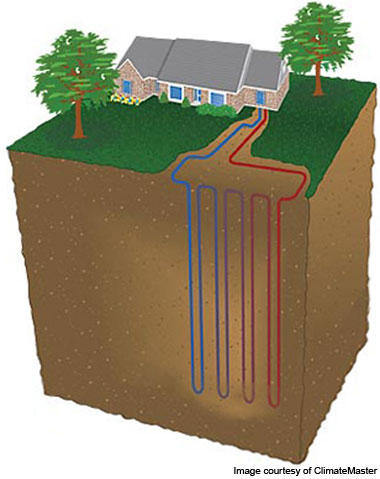
A step by step guide to the triple evacuation system for air conditioning repair follows.
Close the vacuum pump valve and turn off the pump.
Repeat until there is no more water vapor.
A resource dedicated to publishing information on do it yourself heating and air conditioning maintenance in Denver as well as Denver Furnace Repair


The accumulator protects the compressor from trying to pump solid or liquid freon. All Denver HVAC systems should come with an accumulator to protect air conditioning compressor life. Compressors are the most commonly ordered part by Denver air conditioning companies. Compressors are especially susceptible to varying load conditions and frequent compressor on/off cycling.
Condensers remove heat from the gas until it condenses back into a high pressure liquid. Some optional parts common in a Denver air conditioner are drain valves, heat exchangers, and liquid line valves.
The expansion device is between the condenser and evaporator. A liquid line strainer should be installed before this part to prevent problems from the buildup of dirt or moisture. The pressure between these valves is maintained by thermal expansion. As the refrigerant liquid is sucked into the evaporator, its pressure drops and the liquid absorbs heat as it expands and evaporates.
Once the desired interior temperature is reached, the thermostat sends a signal to the central air conditioning or refrigeration unit to shut down. The system turns back on when rising heat in the evaporator enlivens the circuit..




Posted by Denver HVAC Info
HVAC media filters affect the overall conditions of the HVAC systems in your home. For you to get the best performance from the heating and air conditioning equipment installed in your home, check your filters regularly.
Filters for your heating and cooling systems are important because they prevent contaminants from entering the air flow in our air conditioning units. This ensures that the air we breathe in our home is clean and fresh.
Good indoor air quality will make your HVAC units more energy-efficient. We have to optimize the use of our heating and air conditioning units so that we can save on our utility bills.
In these difficult economic times, the money you save from energy costs can be reduced by decreasing your energy consumption. Utility costs are not the only bills we can effectively take care of with well-maintained heating and cooling systems. Potential operating costs and repairs are also avoided if you have heating and cooling systems checked regularly.
When you have your HVAC units monitored by professionals, the media filters of your equipment needs to be checked too. If they need to be replaced, then it is good to do so to prevent spending on more costly repairs. Make sure that you get the right size filters for the heating and air conditioning units you have. They must be compatible with your HVAC equipment for better systems handling.
Maintenance for heating and air conditioning units is important because we want to prolong the lifetime of the equipment we use to create a comfortable and healthy living environment. Our heating and cooling units are efficient when they are clean and at their peak condition
| Technical Writer, creates articles for SEO purposes, HVAC Vancouver Article Source: http://EzineArticles.com/?expert=Pamela_S_Quan | |